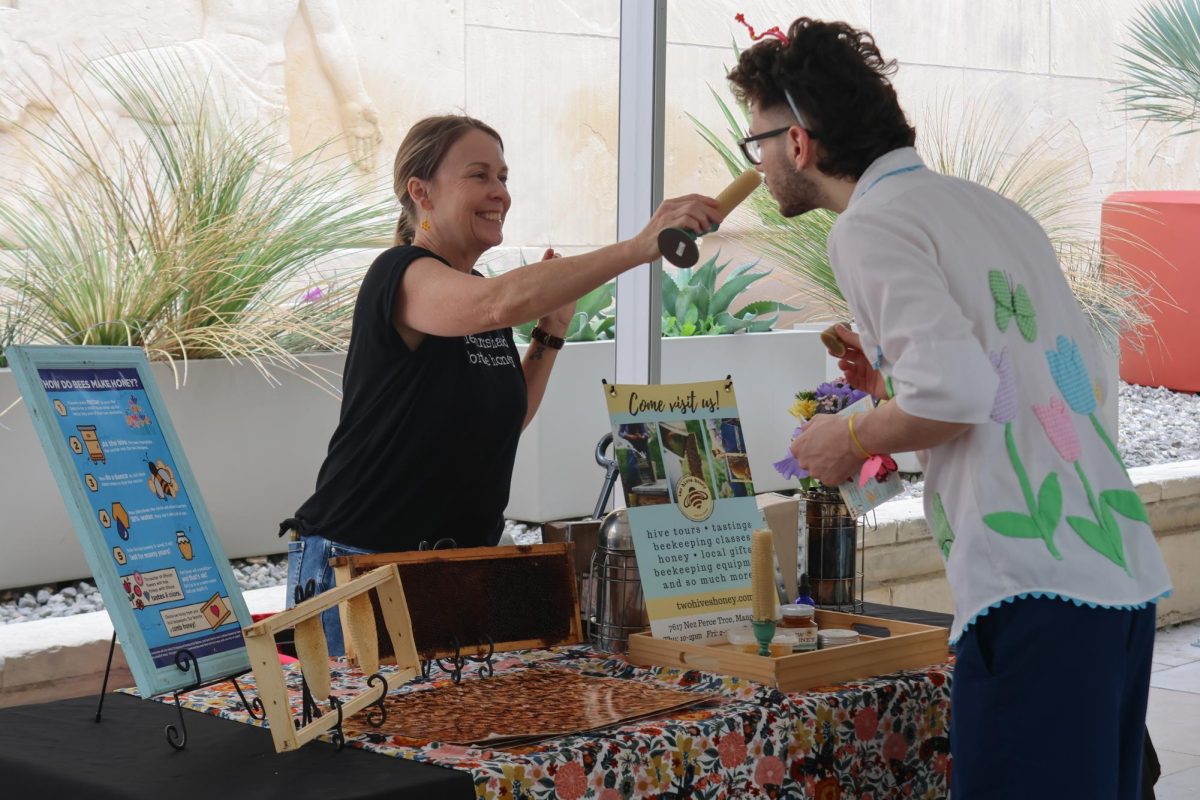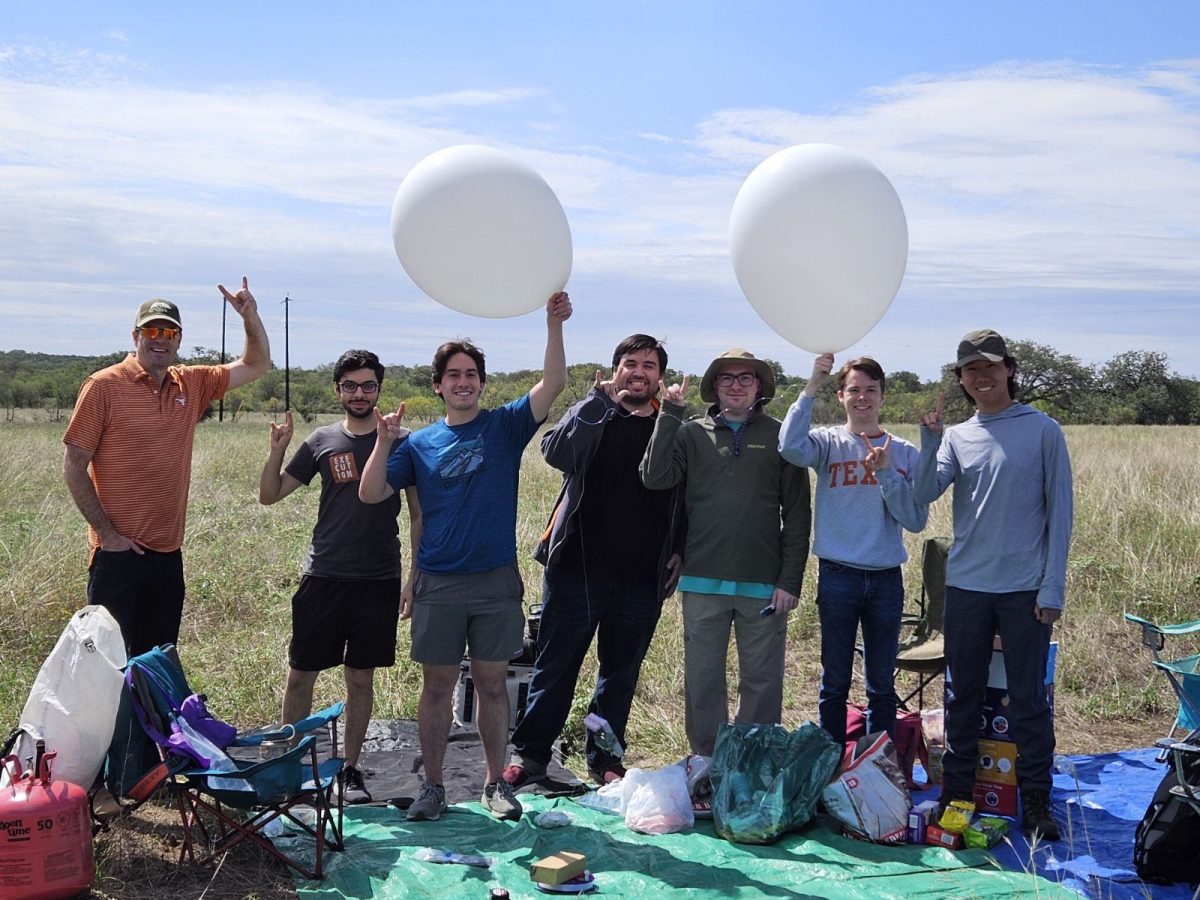A new UT study has found teens to be taking communication to another more sexual level, commonly referred to as “sexting.”
Researchers at the UT Medical Branch at Galveston reports nearly 30 percent of teenagers are engaging in sexting, the practice of sending nude pictures or explicit content via email or text. The study was led by assistant professor and women’s health expert Jeff Temple and published in the July issue of Archives of Pediatrics and Adolescent Medicine. The research found that teenage girls who engage in sexting are more likely to engage in risky sexual behaviors, such as having multiple partners or drinking before sex. In a statement, Temple said he hopes these findings encourage teen health care providers promote safe behaviors during sex.
“Pediatricians, policy makers, schools and parents have been handicapped by insufficient information about the nature and importance of teen sexting,” Temple said in the statement. “These findings shed new light on the public health importance of this increasingly common behavior, and we hope that the data contributes to improved adolescent health care.”
Temple also said existing laws punishing teens for engaging in sexting minimizes the severity and seriousness of sexual assault against minors.
Bill Albert, chief program officer with the National Campaign to Prevent Teen and Unplanned Pregnancy, said the reason youth are more likely to engage in these sexual activities is because of uncertainty between what is public and what is private.
“For a generation that has essentially grown up with texting, IMs and social media, the line between public and private behavior seems to be an increasingly blurry one,” Albert said. “What appears either [public or private] may seem like a gateway to real world behavior.”
In 2008, a survey commissioned by the National Campaign to Prevent Teen and Unplanned Pregnancy and CosmoGirl.com reported results similar to the UTMB study, finding that 20 percent of teens overall have posted or received sexually suggestive emails or pictures electronically.
In addition, data from the national campaign finds that “sexting” among teens can now be seen as a doorway into palpable sexual acts. According to this study, 29 percent of teens believe exchanging sexually suggestive messages creates the obligation to “hook up,” or participate in sex.
Exercise science junior Elizabeth Diaz said the reason for this is the campus environment in addition to societal factors.
“I think we as students in a new environment are open to new opportunities and therefore open to more sexual acts,” Diaz said. “People are more sexual than they were back in the day, sexuality has kind of evolved.”
While young adults sending sexually suggestive content is frowned upon, Albert said teens sending sexually suggestive content was a crime until recently. Along with a felony conviction, Texas teens caught sexting would have had to register as sex offenders until they were 43.
The Texas Legislature recognized this form of punishment as severe in August 2011 and created a new policy meant to educate rather than punish those caught sending sexually explicit content. Beginning this year, teens caught sexting and their parents are required to attend a sexting education class meant to discourage sending sexually suggestive messages and inform them about the dangers of sexting.
Debbie Ratcliffe, Texas Education Agency spokeswoman said the implementation of this policy is up to the individual Texas school districts and will be integrated into already existing programs, if applicable.
“More than likely it will join the health class and possibly the technology classes to discuss the issues surrounding it,” Ratcliffe said. “There wouldn’t be a separate class just on this topic, it would become a part of an existing class.”
Chief Program Officer Albert said although the campaign is not a legal organization or an expert on legal affairs, education is better than a harsh punishment and parents should be the ones concerned about indiscrete behavior.
“Those who are concerned about too-early pregnancy and parenthood and STDs — parents, in particular — should be concerned about sexting and whether it is, in fact, a gateway to cause more hook-ups and sex,” Albert said. “The line between public and private is more grey than black and one of the 21st century challenges for parents is to help young people understand the difference between the two.”



















